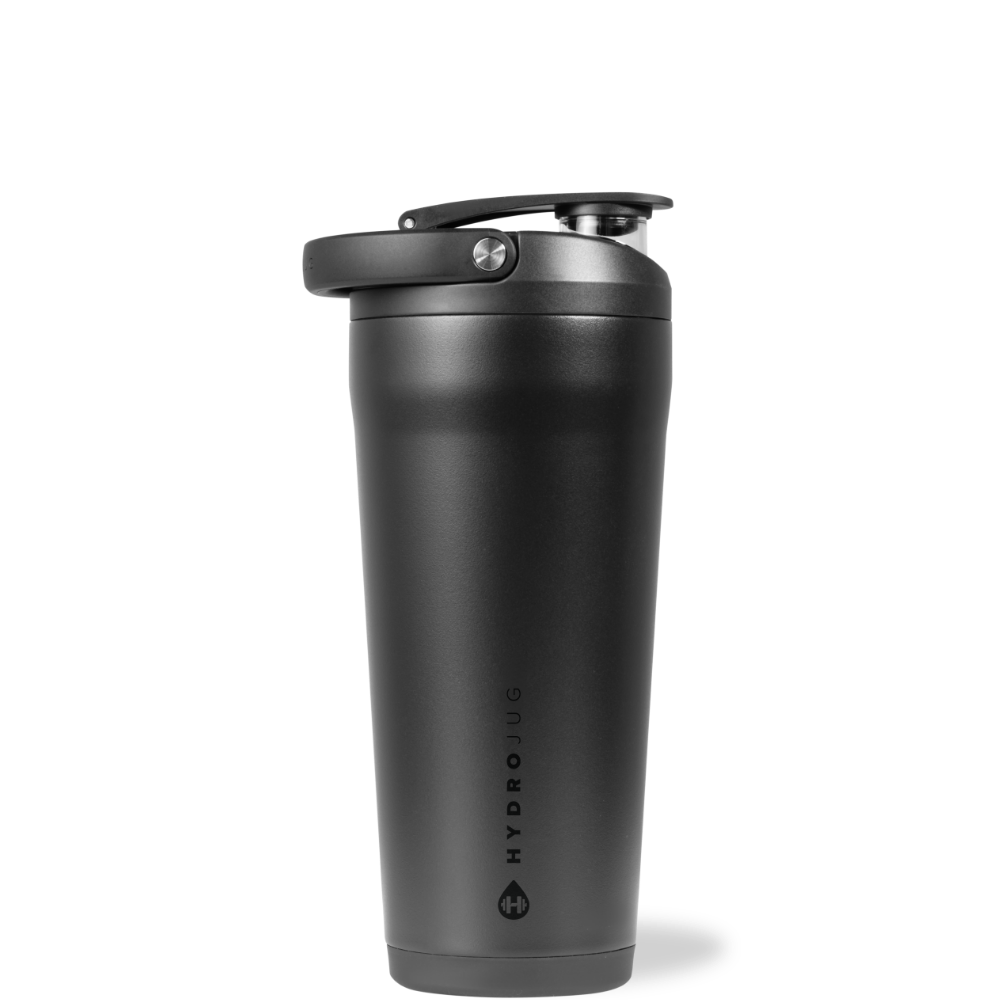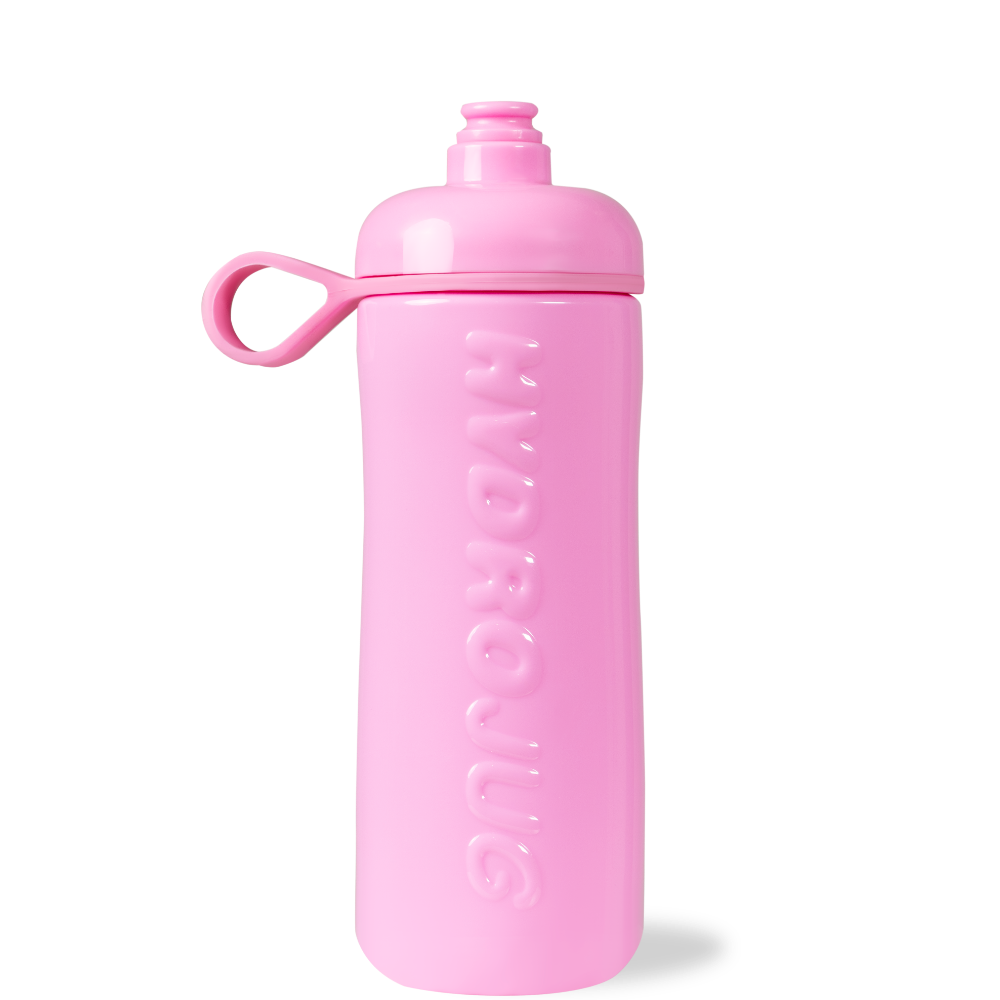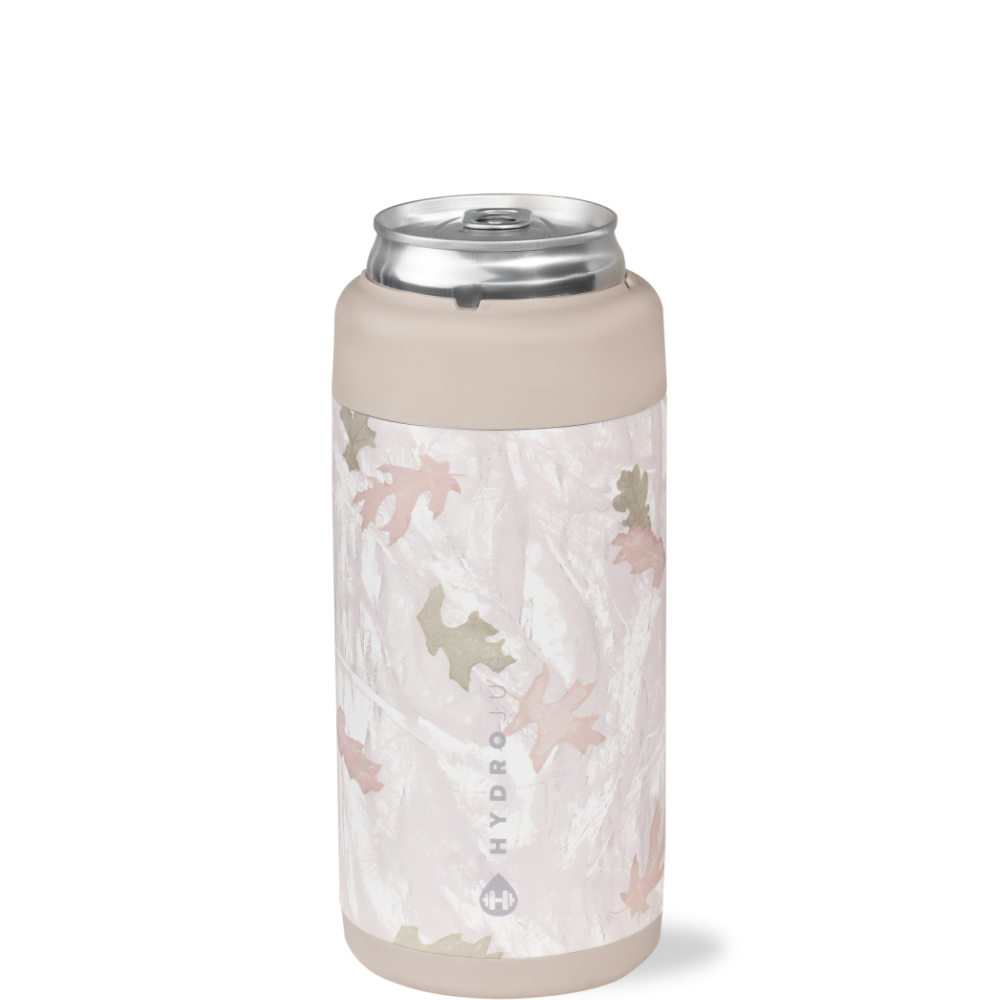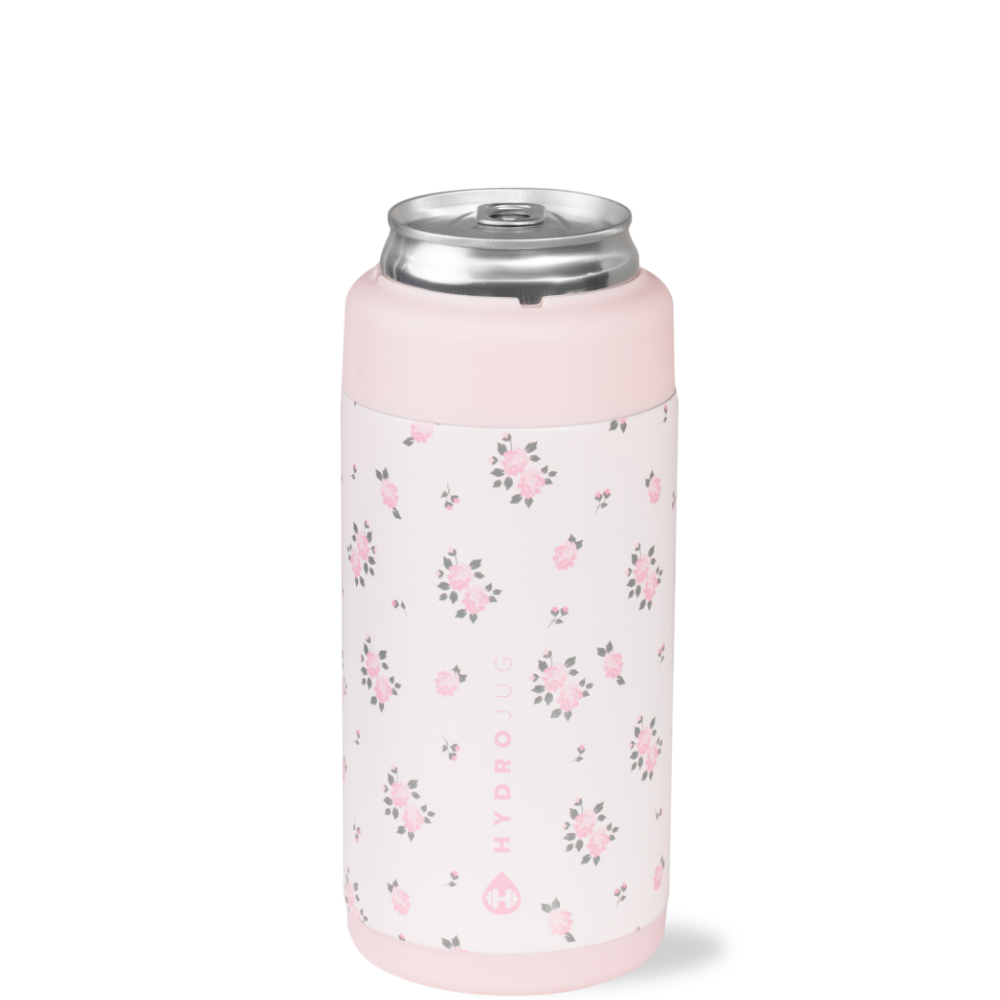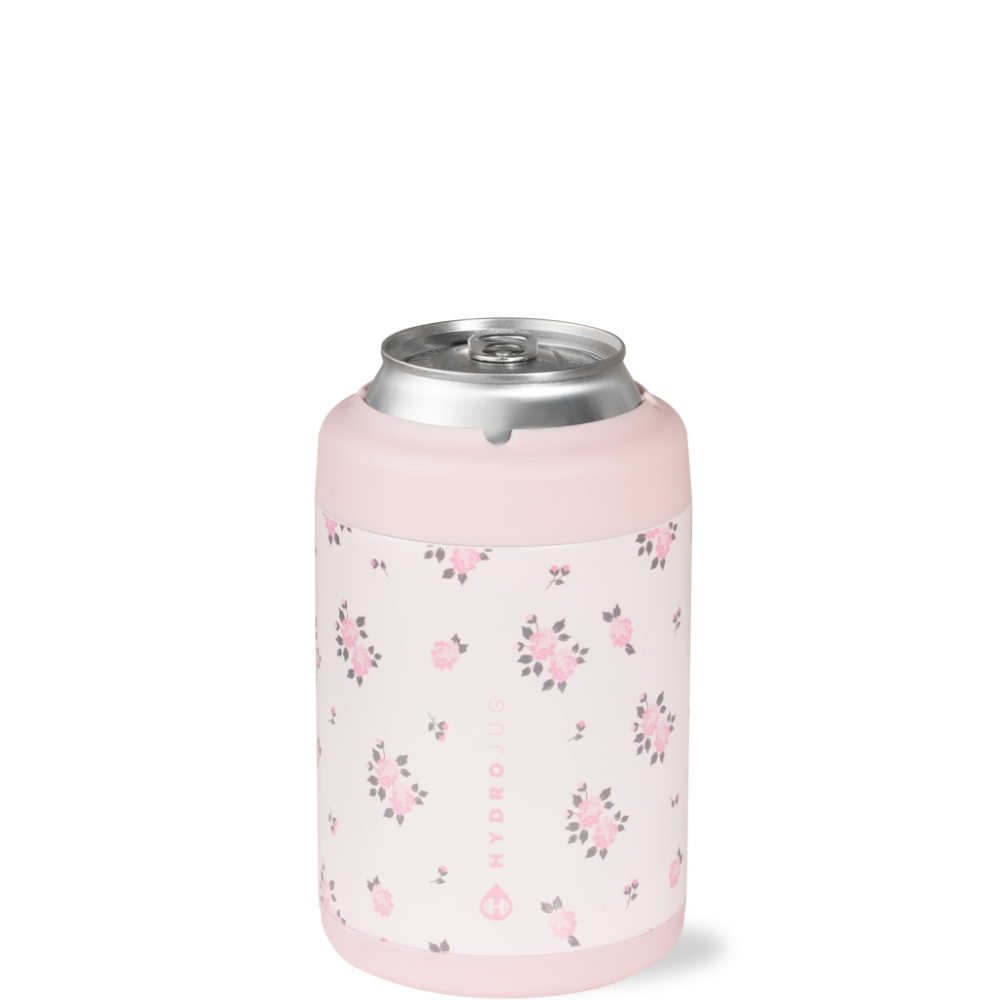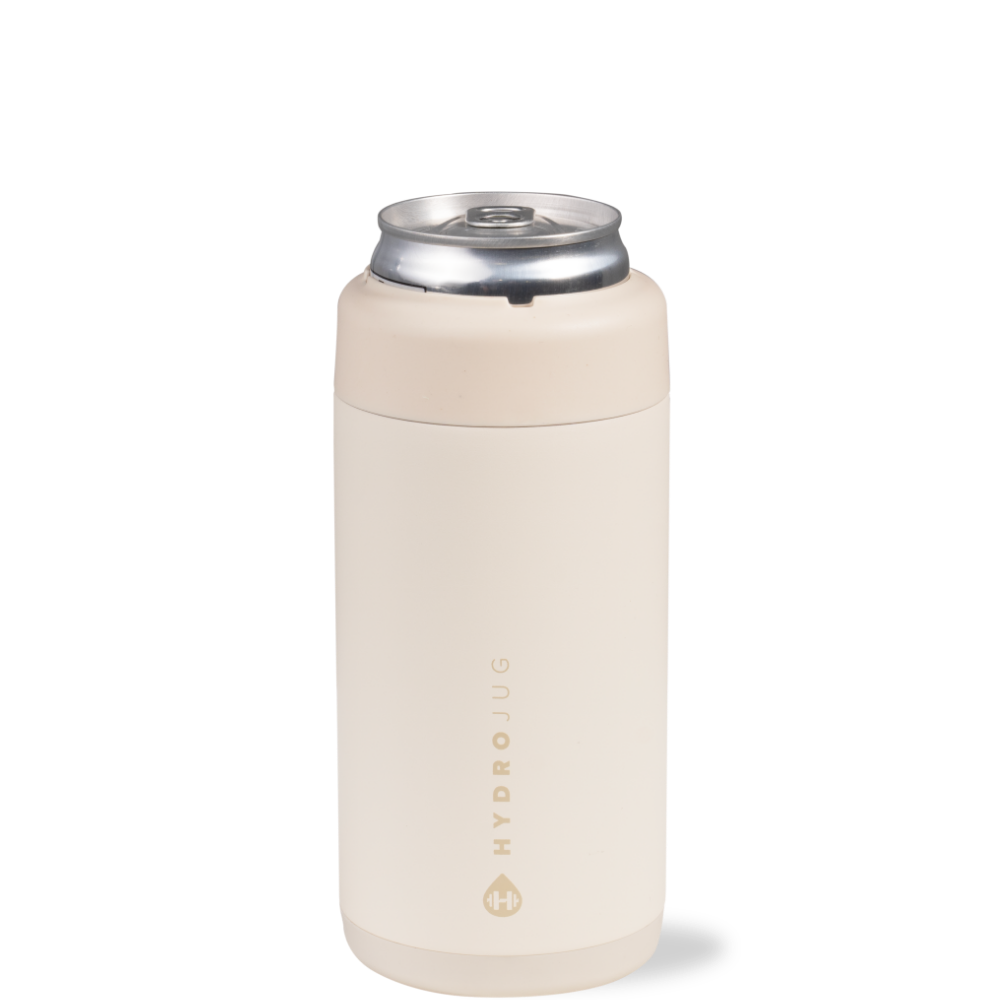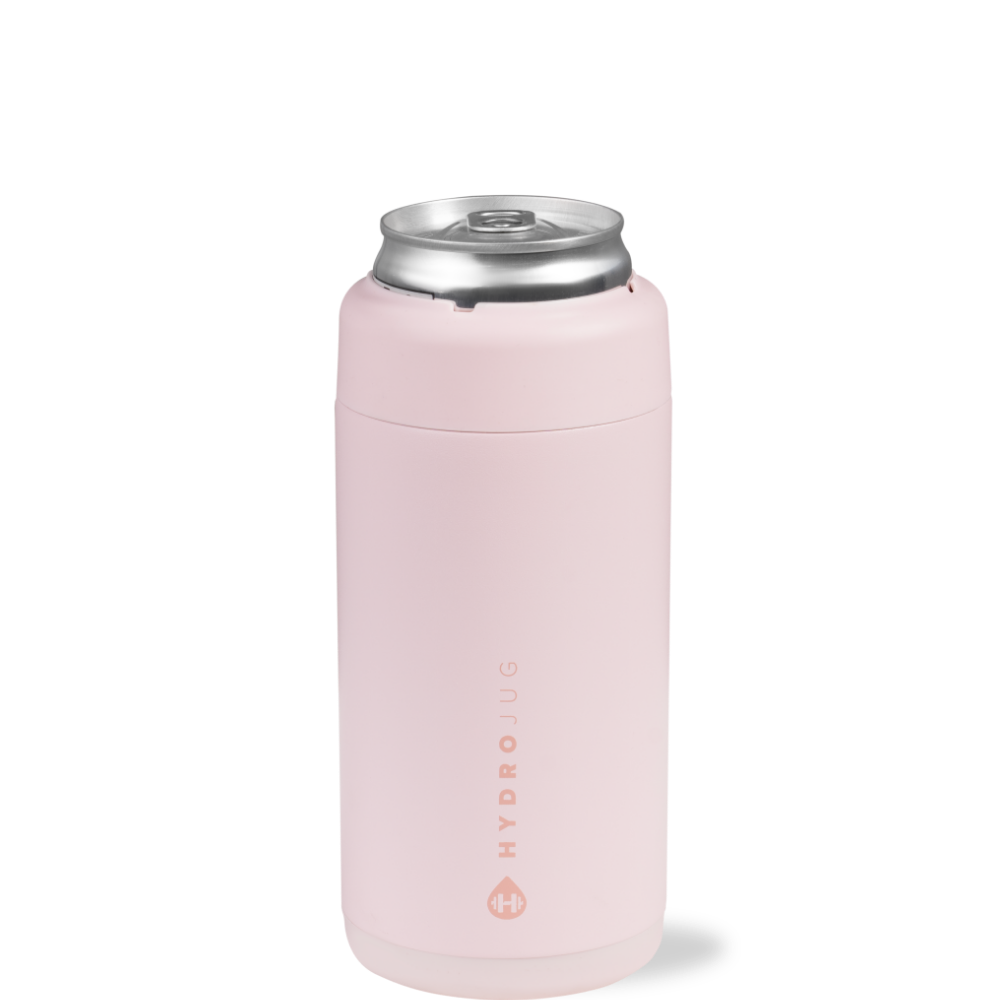
How Hydration Can Effect Mental Health
When we think about nourishing our mental health, we often focus on practices like mindfulness, exercise, or seeking professional help when needed. However, one often-overlooked factor that plays a significant role in our mental well-being is hydration.
The Brain's Thirst for Hydration:
The human brain is an incredible organ, comprising about 75% water. This high water content underscores the critical role hydration plays in maintaining optimal brain function. Here's how dehydration can impact your mental health:
1. Mood Swings: Dehydration can lead to mood swings and increased irritability. When your body lacks sufficient fluids, it can affect the balance of neurotransmitters like serotonin, which plays a key role in regulating mood.
2. Cognitive Function: Dehydration can impair cognitive function, making it difficult to concentrate, think clearly, and perform mental tasks. Even mild dehydration has been shown to lead to cognitive deficits.

3. Fatigue and Low Energy: Dehydration often accompanies feelings of fatigue and low energy, which can contribute to a sense of mental exhaustion and decreased motivation.
4. Anxiety and Stress: Dehydration can exacerbate feelings of anxiety and stress. The body's stress response can be triggered when it senses dehydration, leading to increased tension and anxiety.
5. Headaches and Brain Fog: Dehydration can lead to headaches and a sensation of mental fog, making it challenging to stay alert and focused.
The Importance of Staying Hydrated for Mental Well-Being:
To support your mental health, it's crucial to prioritize proper hydration. Here are some tips to help you maintain optimal mental well-being through hydration:

Listen to Your Body: Pay attention to your body's thirst cues. Thirst is a clear signal that it's time to drink water. Don't wait until you feel parched to start hydrating.
Carry a Reusable Water Bottle: Keep a reusable water bottle, like HydroJug, with you throughout the day. This makes it easy to take sips and ensures you have access to water whenever you need it.
Set Hydration Goals: Establish daily hydration goals that align with your lifestyle and activity level. Aim to drink a specific amount of water each day, whether it's eight glasses or more, based on your individual needs.
Monitor Urine Color: Your urine color can be a helpful indicator of your hydration status. Pale yellow or straw-colored urine typically signifies proper hydration, while darker urine may indicate dehydration.
Hydrate Before, During, and After Exercise: Physical activity increases fluid loss through sweat. Be sure to drink water before, during, and after exercise to stay hydrated.

Incorporate Hydrating Foods: Incorporate water-rich foods like fruits and vegetables into your diet. These foods not only contribute to your fluid intake but also provide essential nutrients.
Hydration is not only crucial for physical health but also plays a pivotal role in mental well-being. By staying adequately hydrated, you can enhance your mood, cognitive function, and overall mental health. Prioritizing hydration is a simple yet powerful step toward nurturing your mind and achieving a happier, more balanced you. So, raise a glass to your mental well-being, and remember that a well-hydrated brain is a happy brain.
















